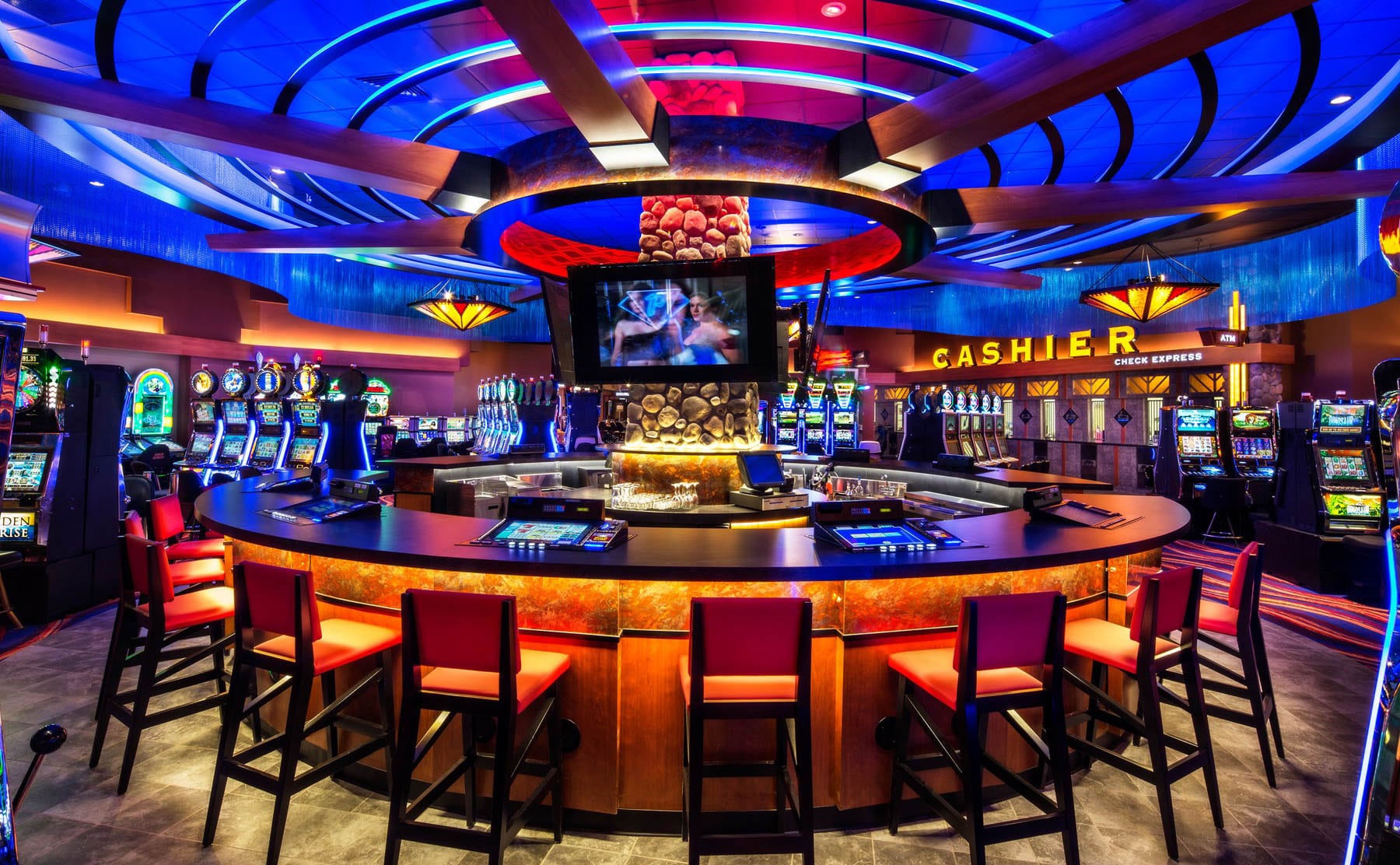
Gambling games have long been a engaging entertainment option, drawing numerous of players from different cultures around the globe. sa88 From the opulent casinos of Vegas to the busy gambling halls of Macau, these games serve as a common thread that brings together people across various backgrounds. The allure of chance, strategy, and uncertainty entices not only those seeking to strike it rich but also those looking for a shared experience.
The influence of casino games extends significantly past the gaming floor. They often embody the social norms and principles of the societies in which they flourish. Games such as seven-card stud, pontoon, and the wheel game have embedded themselves into the mosaic of cultural phenomena, influencing multiple fields from cinema to style. As we explore this captivating intersection of gambling and life, we can gain insights into how gambling games shape and are shaped by the world around us.
Chronological Development of Gambling Activities
The roots of gaming games can be traced back to historical civilizations, where betting in various forms was extensively practiced. In Ancient China, around two thousand three hundred years before Christ, a variant of gambling known as Keno was popular, while in old Rome, soldiers would regularly bet on the outcomes of their games. The concept of using chance for fun and gain progressed over the years, leading to the creation of more organized activities. By the late Middle Ages, betting houses initiated to emerge in European nations, particularly in the Italian peninsula, which introduced early forms of popular games still practiced today.
As betting expanded fame in Europe, the 17th and 18th centuries saw the rise of gaming houses as dedicated establishments for gaming. The first official casino, the Ridotto, was set up in the city of Venice in sixteen thirty-eight, featuring games like Baccarat games and Faro. This period marked a significant pivoting point, as casinos began to attract not just the elite but also the growing middle-income class. The refinement of activities evolved, leading to the development of new regulations and variations that enhanced the experience of players.
In the 19th century, the era of industrialization and shifts in societal norms additionally transformed the terrain of casino games. The launch of the game of roulette and contemporary slot machines attracted a more diverse clientele, and gaming houses became seen as legitimate forms of entertainment. This time witnessed the international spread of gaming, as casinos expanded from the continent to the New World, culminating in the development of the legendary Las Vegas Strip in the twentieth century. The progress of gaming activities has continued into the modern era, incorporating new technologies and online platforms, allowing them accessible to a global market.
### Cultural Relevance in Diverse Societies
Gambling games have profound social significance in many communities around the world. Places like Las Vegas, the very fabric of the urban landscape is woven around casinos, where gaming is not just a recreational activity but a key aspect of leisure and community life. The bright lights and lively atmosphere attract millions, showcasing how gambling activities can influence local economies and cultural identities. This setting transforms the notion of recreation into an engaging event that influences apparel, music, and even film.
Conversely, some societies treat betting with greater care, seeing it through the lens of morality and customs. For example, in various Eastern societies, games like Mahjongg and Pai Gow are steeped in history and possess significant social relevance. These games are often played during meetings and celebrations, fostering collective connections and reinforcing family ties. The act of participating in these games goes beyond mere leisure, reflecting ethics such as honoring elders and the importance of shared enjoyment.
At the same time, in European countries such as Monaco and the Italian Peninsula, games of chance serve as symbols of opulence and sophistication. The elegant atmosphere of these establishments attracts both travelers and native inhabitants, upholding a sense of status and exclusivity. The art of Texas Hold’em and the strategic elements of games like the game of baccarat are esteemed, molding social dynamics and cultivating an allure that captivates a heterogeneous audience. This highlights how casino games can both mirror and influence societal views towards hazard, reward, and community interaction.
Financial Influence and Travel Industry
Gambling activities play a crucial role in the economic landscape of many areas, particularly those that rely heavily on tourism. The revenue generated from gambling establishments fuels local economies, creating employment opportunities not only within the casinos but also but also in related sectors such as hotel management, dining, and recreation. This influx of tourists, drawn by the attraction of gambling and the overall gaming environment, stimulates expenditure across multiple businesses, contributing to the economic health of the area.
The existence of casinos often leads to the construction of infrastructure, including hotels, public transit, and recreational facilities. These developments are essential in improving the overall visitor satisfaction, making locations more appealing to visitors. Additionally, many casinos invest in local communities through sponsorship of activities and charitable initiatives, further embedding themselves into the community structure of the region. Such investment not only supports economic growth but also cultivates a positive image of the casino industry.
In addition, the worldwide appeal of casino games drives tourism competition, with locations vying to attract players from around the world. Iconic locations like Las Vegas and Macau have become synonymous with gambling culture, drawing millions each year. This competitive edge encourages innovation and diversification within the gambling sector, influencing trends in entertainment and hospitality that resonate beyond their limits. The ripple effects of this visitor influx extend far, impacting local financial health and cultural interactions on a worldwide scale.